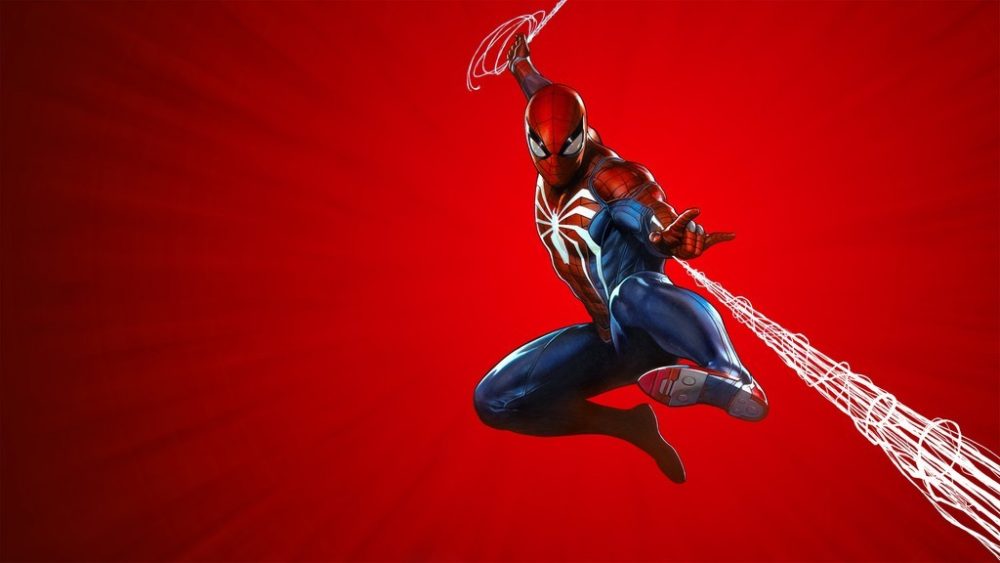Marvel’s Spider-Man earned critical acclaim when it launched back in September, and it’s being celebrated as a triumph for licensed games. It feels as though there’s a somewhat giddy sentiment among the gaming community that video games have finally emulated the movie industry.
Superhero movies, once the realm of geekdom, are now consistently Hollywood’s best-grossing mainstream films. Spider-Man’s astronomical commercial success has proven video games are more than just their peripheral cash-grab –they’re capable of being every bit as valuable an entertainment experience in their own right.
There are even rumblings that Spider-Man might represent something more than just a standalone success story. It’s being hailed as the gaming equivalent to the Iron Movie, the blockbuster success that kicks off an entire universe of licensed superhero games that might change the landscape of the video game industry moving forward.
If there’s one publisher that feels best suited to capitalize on Spider-Man’s momentum, it’s Sony. Could you imagine Iron Man, Captain America, and Thor games with the same level of storytelling, presentation, and slick gameplay as Spidey? They’d certainly find a huge audience, and all the more if there was a way to have them interconnected in their narrative, all cohesively building toward an Avengers-like crescendo.
I have absolutely no doubt that sort of a project would dominate the video game industry. Sony would catapult itself ahead of its competition even further than it already is in terms of story-driven, single-player games. In fact, you’d to say that in an era in which that sector of gaming has come under intense pressure, something like an interconnected universe of titles based on a hugely popular franchise seems like a viable answer to the issue.
If a publisher could churn out successful single-player hits with interconnected stories in the same way Marvel movies have in the film industry, it would be a force to rival even the most popular multiplayer phenomenon –Fortnite, and all.
It’s a whopping great “if” though.
Unfortunately, the nature of how video games are made just doesn’t lend itself to something like an MCU equivalent. There are just too many factors that make the process hugely challenging both from a legal and logistical sense.
For one thing, the licenses are already spread out across several developers right now. Importantly, Square Enix has The Avengers, which presumably involves a whole selection of iconic protagonists that Sony’s Spider-Man may not be able to feature in future sequels. Anyway, Spider-Man’s exclusivity to Sony makes the prospect of a collaborative effort with Square Enix unlikely, too –though not impossible.
But don’t forget that Disney owns the rights to Marvel in its entirety. They would ultimately be distributing the rights to disparate developers and then coordinating efforts to have them launch in succession according to whatever MCU-like strategy had been forecast. That’s one hell of a challenge, and not helped by the fact that Disney hasn’t really shown a great interest in video games for some time.
But the real crux of the issue is that unlike the MCU film operation, one simply can’t forecast video game content in the same way. Making games isn’t an exact science. There are constant delays, unforeseen issues, hundreds and thousands of tiny parts that all have to line up over years of development. Publishers have a hard enough time releasing a constant stream of games within the same franchise, let alone having to allow for the development of three or four other games in unison.
On paper, then, a Marvel Connected Universe of games sounds fantastic, but in practice likely not viable. Even if a project could find the licensing solutions to get off the ground, it would have a very high probability of crashing and burning before it ever really got going.
Don’t get me wrong, I’d absolutely love to see an MCU of video games blowing up on the same level as the film industry, but I don’t think the medium is suited for it at all.





Published: Oct 16, 2018 03:03 pm